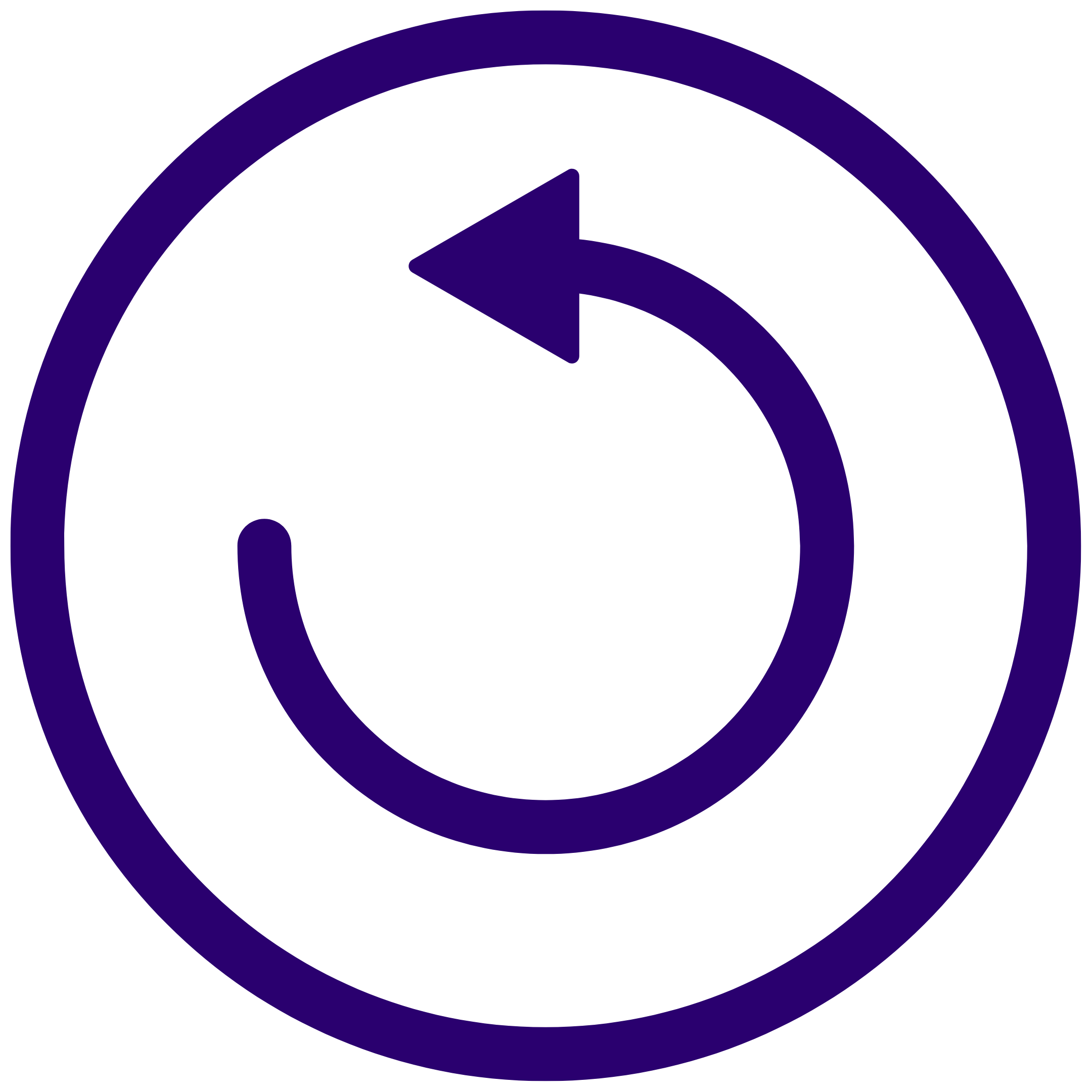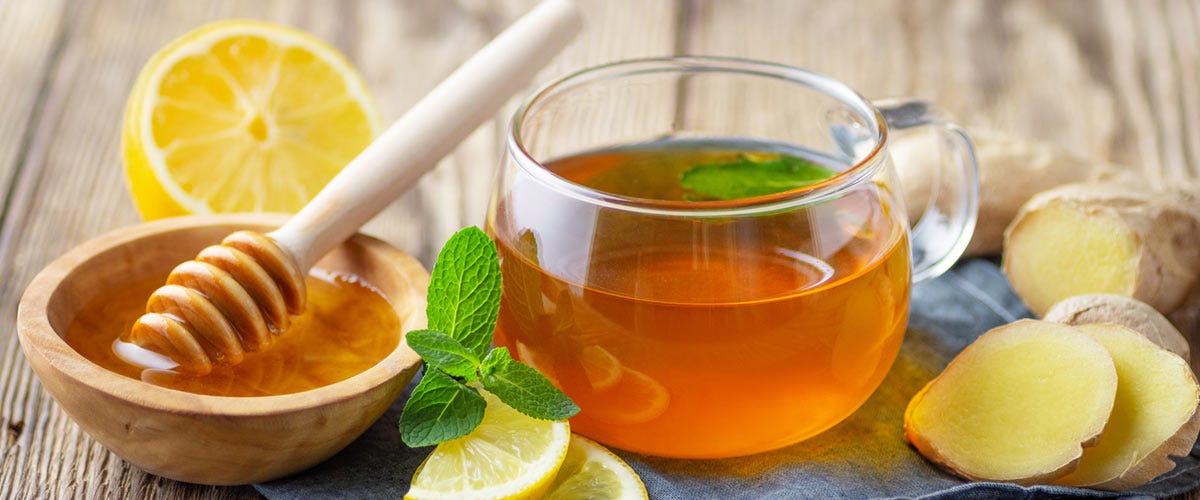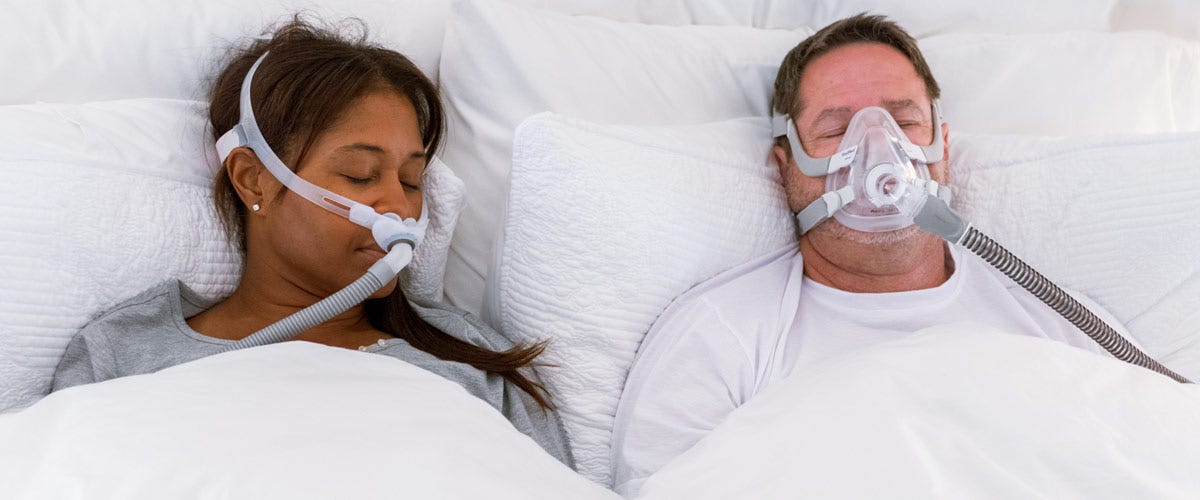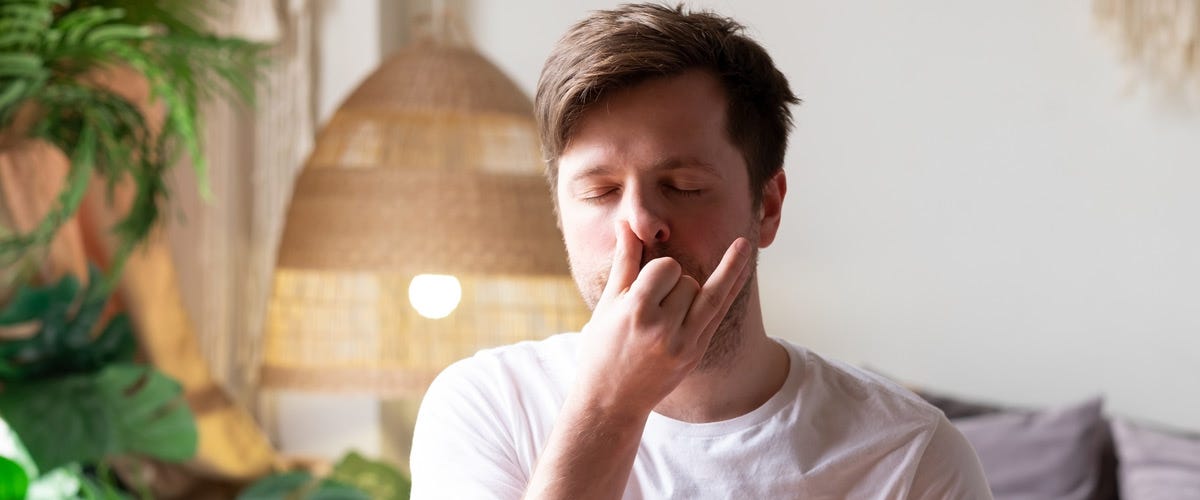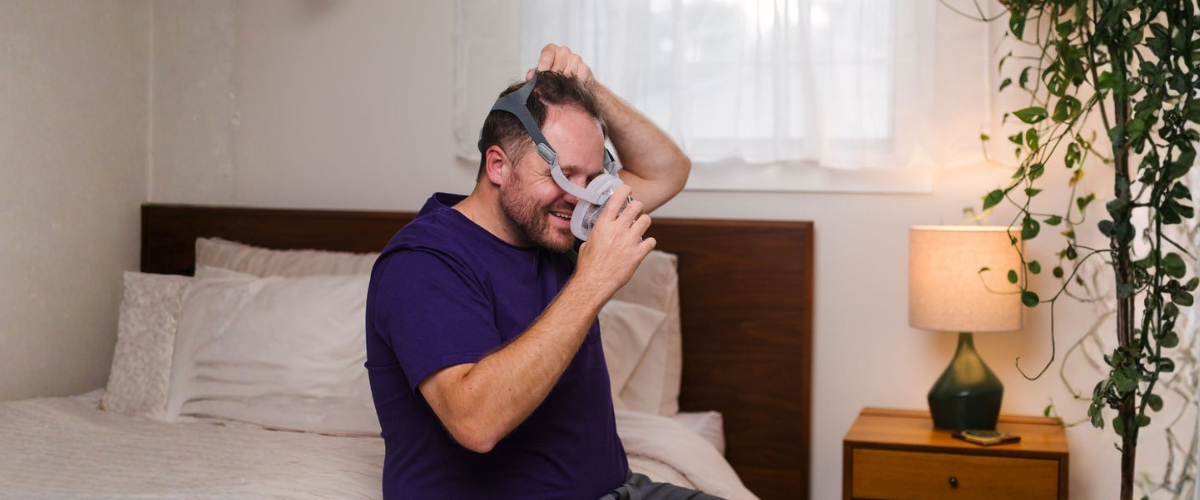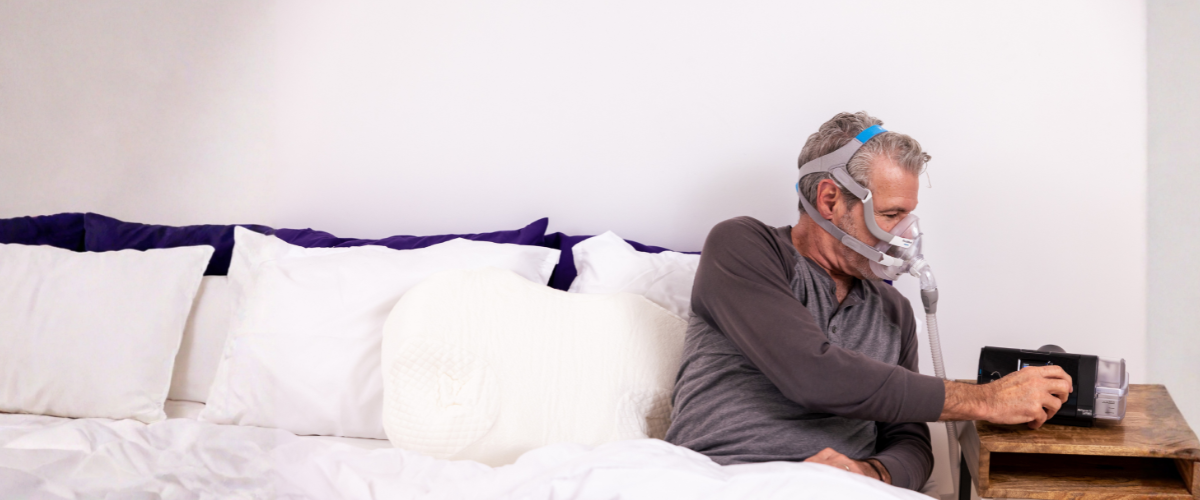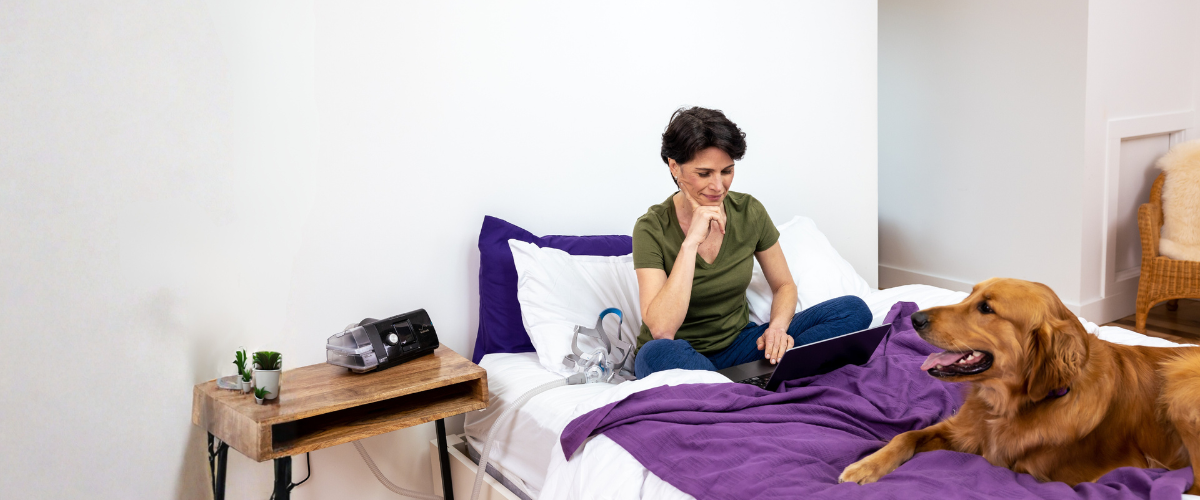Updated May 2023
Home remedies can make you more comfortable and help you feel better while alleviating some of your obstructive sleep apnea (OSA) symptoms. To be clear, OSA cannot be cured with home remedies. However, those suffering from sleep apnea symptoms potentially have a lot to gain from supportive, natural therapies. They are easy to try out right away, and it feels empowering to do as much as you can to set yourself up for a good night's sleep. The idea is to help soothe your airways, tone your muscles to improve your airflow, and calm your system so you can settle into sleep. Stick with us to discover 6 DIY remedies for snoring and sleep apnea you can use right now!
Table of Contents
How OSA Functions Can Make Home Remedies Helpful
Let’s start with an overview of obstructive sleep apnea and how it differs from other types of sleep apnea. OSA’s unique mechanism lends itself to potential improvement with a variety of natural home treatment options.
- OSA causes airways to collapse during sleep, restricting or blocking airflow entirely.
- OSA is different from central sleep apnea. It's mechanical in nature (a physical blockage of the airway.) Central sleep apnea has to do with one’s brain chemistry not sending the proper signals to keep your body breathing.
- Mixed apnea is defined as apneas that begin as central sleep apnea and then develop an obstructive component later on.
- Consequences of untreated obstructive sleep apnea can include an increased risk of heart attack and stroke. It can also lead to fatigue, which can cause accidents, injuries, or worse. According to the National Safety Council, you are 3 times more likely to be involved in car crash if you are driving while fatigued.
- Don’t use home remedies in place of medical advice from your doctor or healthcare team. These lifestyle changes are intended to support your main CPAP or oral appliance treatment to increase your comfort and wellness!
Behavioral and Lifestyle Changes
1. Weight Loss
Shedding extra pounds is your first line of defense! Weight loss is the #1 home remedy sleep apnea responds to because excess weight pushes down on the throat. Obesity itself doesn’t cause OSA. However, achieving a healthy weight removes pressure from the neck, chest, and facial muscles and is known to substantially help many OSA patients! A randomized study of people with Type 2 diabetes and obesity found that weight loss resulted in significant improvement in AHI.
- Aim for 30 minutes of moderate physical activity daily. Regular exercise may be difficult because you are already tired due to the lack of sleep. However, exercise (once you can muster the motivation to get started) actually spurs your body to produce more energy, and it also helps tire you out so you sleep better.
- Only eat when hungry. This is a good place to start when considering a plan to eat less overall. It sounds simple, but it can have surprising benefits, including more enjoyment of food when you eat.
- Avoid processed and high-sugar foods - a basic tenet of weight loss and better health in general. If you drink a lot of soda, that should be the first to go. That will cut your sugar intake dramatically.
- Eat more fiber and veggies to feel satiated longer and regulate digestion.
- See a nutritionist if you’d like some help figuring out how to best nourish your unique physique!
2. Reduce Alcohol and Avoid Before Bed
- Drinking alcohol has a sedative effect. It relaxes your throat and neck muscles. This is the opposite of what you want to do when you have OSA!
- This sedative effect is temporary, only lasting a few hours. Unfortunately, the sugar content will likely wake you up in the middle of the night mulitple times. Alcohol also reduces your time in REM sleep. This only makes you more tired than you already are during the day.
- Drink water in a 1-to-1 ratio. Try to drink one glass of water per alcoholic drink to help flush it out more quickly.
3. Hack Your Sleep Position
- Side sleeping is best for people with sleep apnea. Side sleepers don't have the full weight of the neck pressing down on airways. Try using a tennis ball behind your back so it’s uncomfortable to roll back onto it. Positional sleep aids (specialized pillows you strap around your waist or chest) can help hold you up on your side to improve breathing and sleep quality.
- If you can't tolerate side sleeping, elevate the head of the bed. If you don’t have an adjustable bed, pillows can work, just find a good height comfortable enough to maintain for a full night.
4. Hook Up Your Humidifier
- Humidifiers add water vapor to the air to moisturize and soothe irritated airways and break up the thick mucous that causes congestion. This is especially helpful during cold months when indoor heating dries out the air in your home.
- Follow manufacturer's instructions to clean your humidifiier! This is a big one. A humidifier can be a breeding ground for bacteria and mold that can make you sick. Use distilled water to fill the chamber as opposed to tap water.
- Use a humidifier only when needed. If you keep one on all the time you run the risk of adding too much moisture to the air. Your home may feel stuffy and damp and lead to condensation on surfaces, another breeding ground for harmful bacteria.
5. Hey, Honey
- Anti-inflammatory properties of honey, turmeric, and ginger soothe the throat and surrounding soft tissues and the steam of an herbal tea helps break up congestion.
- Pre-bedtime tea be easily made with lemon, ginger root, fresh turmeric root, and raw honey. Simply add these ingredients to hot water for a soothing treat that can be part of your bedtime routine. You may need to experiment before you get the perfect ratio of each ingredient that suits your taste. It's also useful when you have a cold or whenever you want to warm up. Make sure that the tea does not have caffeine.
6. Exercises to Reduce Snoring
- Facial and oral exercises can help to tone and strengthen the neck, throat and tongue to help prevent them from relaxing and collapsing into the airways during sleep.
- Yoga has also been shown to help people achieve better quality sleep. While this doesn't alleviate airway irritation or obstruction directly, it does have the effect of calming your nervous system so you can rest easier. Breathing exercises that are often part of yoga practice can also benefit people with disordered breathing.
Proven Medical Treatments for Sleep Apnea
PAP therapies (including CPAP and APAP) increase oxygen levels and reduce risk factors for developing other serious medical conditions. High blood pressure, heart disease, and even heart failure can develop from untreated OSA. But the various benefits of PAP therapies extend even to patients with severe sleep apnea.
If you’re feeling overwhelmed about the options or think you could use some guidance, CPAP supplies can help. Our sleep specialists are happy to help you choose the right machine and mask for you. We also offer advice and accessories to make existing CPAP therapy more comfortable for you.
References
“Central Sleep Apnea.” Mayo Clinic, Mayo Foundation for Medical Education and Research, 7 Aug. 2021, https://www.mayoclinic.org/diseases-conditions/central-sleep-apnea/symptoms-causes/syc-20352109.
“Drivers Are Falling Asleep Behind the Wheel.” National Safety Council, https://www.nsc.org/road-safety/safety-topics/fatigued-driving.
Foster GD;Borradaile KE;Sanders MH;Millman R;Zammit G;Newman AB;Wadden TA;Kelley D;Wing RR;Pi-Sunyer FX;Reboussin D;Kuna ST; ; “A Randomized Study on the Effect of Weight Loss on Obstructive Sleep Apnea among Obese Patients with Type 2 Diabetes: The Sleep Ahead Study.” Archives of Internal Medicine, U.S. National Library of Medicine, 28 Sept. 2009, https://pubmed.ncbi.nlm.nih.gov/19786682/.
Bankar, Mangesh A, et al. “Impact of Long Term Yoga Practice on Sleep Quality and Quality of Life in the Elderly.” Journal of Ayurveda and Integrative Medicine, Medknow Publications & Media Pvt Ltd, 1 Jan. 2013, https://www.ncbi.nlm.nih.gov/pmc/articles/PMC3667430/.
Samarghandian, Saeed, et al. “Honey and Health: A Review of Recent Clinical Research.” Pharmacognosy Research, Medknow Publications & Media Pvt Ltd, 2017, https://www.ncbi.nlm.nih.gov/pmc/articles/PMC5424551/.
Information provided in blogs should not be used as a substitute for medical care or consultation.




